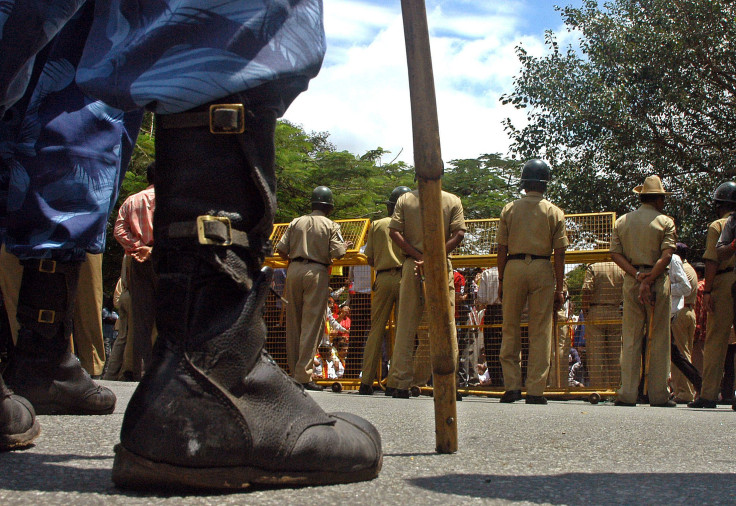Bangalore Blast: Militants Of Banned Islamist SIMI Group Are Prime Suspects In Investigation

Members of the Students Islamic Movement of India (SIMI) -- an Islamist organization banned in India since 2001 -- are believed to the prime suspects in the recent blast in the Indian city of Bangalore, according to local media reports. One person was killed and three others were injured in the low-intensity blast in the city on Sunday night.
“We suspect the SIMI group from Madhya Pradesh must have come to Karnataka,” Karnataka Chief Minister S Siddaramaiah reportedly said, after a meeting with senior police officials on Monday. “The police are investigating the blast and looking into this angle besides looking at the modus operandi of other explosion incidents that occurred in Bengaluru in 2008, 2010 and 2013.”
Specifically, intelligence agencies are focusing on five SIMI militants who had escaped from a prison in the central Indian state of Madhya Pradesh in October 2013, according to a report by The Indian Express, a daily newspaper. Police are also investigating links between the attack and the arrest of ISIS sympathizer Mehdi Masroor Biswas, a Bangalore-based executive who was nabbed earlier in December.
The improvised explosive device, or IED, which was responsible for the blast, was fashioned as an eight-inch aluminum pipe bomb that pointed to SIMI involvement, according to reports, which cited local police. The blast occurred on Sunday night in a tourist-heavy neighborhood known for its bars and shopping complexes.
SIMI is believed to have close ties to the Indian Mujahideen, an Indian militant group linked to Pakistan’s Lashkar-e-Taiba, which had carried out attacks in the Indian city of Mumbai in 2008. At least 160 people were killed and over 300 were injured in the attacks that had targeted several high-profile locations, including the iconic Taj Mahal Palace hotel, in the city.
Rajnath Singh, India’s home minister, said that the investigation could be handed over to the National Investigation Agency -- India’s federal anti-terror agency -- if necessary, according to local media reports.
“Decision of an investigation by the National Investigating Agency will be taken after collecting the evidence. Within 24 hours … we will decide our future course of action,” Singh reportedly said Monday evening.
© Copyright IBTimes 2024. All rights reserved.












